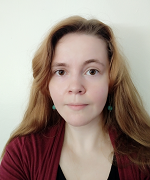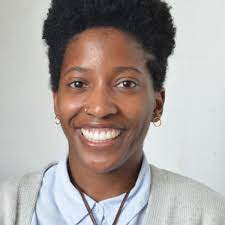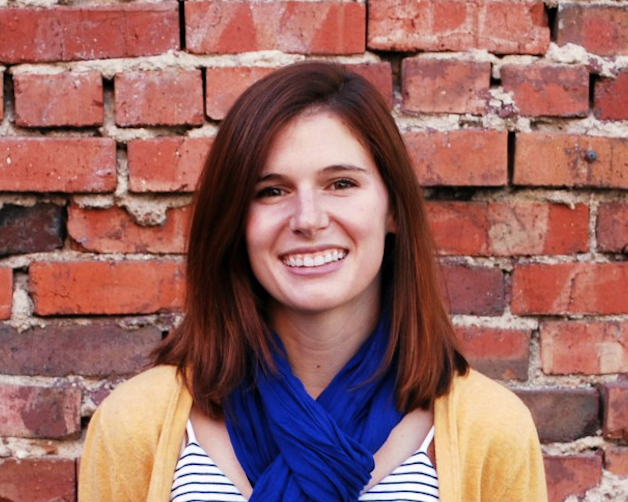BU Alumni Provide Advice for Social Science PhD Students Navigating the Non-Academic Job Market
On Thursday April 14, seven recent BU PhDs shared their advice and experience at a lively and well-attended virtual workshop on “Non-Academic Careers for Social Science PhDs.” Malika Jeffries-EL, Associate Dean of the Graduate School of Arts & Sciences (GSAS) and Stan Sclaroff, Dean of the College of Arts and Sciences welcomed the guest speakers and attendees.
The seven panelists (pictured below) represented seven different social science or related departments at BU, and shared their experiences working in far-ranging fields including health, business, tech, non-profits, public policy, and state, local, and federal government. Listen to a recording of the full event: here.
Some of the helpful tips offered include:
- Recognize the many skills you have. Teaching, writing, researching, analyzing, managing – these skills are invaluable to a future employer.
- Network, network, network. Rely on your faculty mentors, peers, and BU alumni to help you learn about the content and availability of jobs.
- Think about the ‘big picture’ of your research. Employers don’t care about the ‘weeds’ of your dissertation, but value your capacity to ask and answer questions, and draw action-based conclusions.
- Start searching and applying ‘early and often.’ Sites like LinkedIn, Indeed, Glassdoor, and other general and industry-specific job sites are critical to your search.
- Sign up for notifications (e.g., Google alerts) from your ‘dream’ employer at job search sites.
- Hone your quantitative and analytic skills, but don’t fret if you know only one or two programs. Knowledge of even a single program makes it easier to learn additional programs.
- Get your foot in the door. Doing a summer internship, volunteering, or working part-time at your dream job site can pave the way to a full-time position.
- Recognize what YOU want. Living close to family? Having a policy impact? Working 9 to 5? Working with people versus data? Solitary versus team-based work? Knowing your strengths and preferences is essential to a successful career search and fulfilling life.
BU’s Professional Development and Postdoctoral Affairs (PDPA) office also offers extensive resources for PhD students interested in pursuing non-academic careers (see here for slides providing helpful job search strategies). PhD Progression, their online micro-credentialing program, was designed to allow BU PhD students explore and develop skills in areas beyond the degree requirements. The Level 1 and Level 2 Career Development Pathways may be of particular interest to social science PhDs seeking non-academic careers.
Meet our alumni panelists!
Ekaterina (Katya) Anderson |
Anthropology (PhD 2018) | Research Health Scientist and Principal Investigator, Center for Healthcare Organization and Implementation Research (CHOIR), U.S. Department of Veterans Affairs |
Agnes Burt |
History (PhD 2020) | Director of Community Grants, New Hampshire Humanities |
Taylor Cain |
Sociology (PhD 2019) | Senior Policy Advisor, Boston Housing Authority. |
Teresa (Tess) Harvey |
Psychological & Brain Sciences (PhD 2020) | Rx Personalization, Experimentation & Analytics Manager, CVS |
Leslie Sale |
Political Science (PhD 2018) | Director of Policy, Department of Education, State of Virginia |
Sergio Villar Vallenas |
Economics (PhD 2021) | Data Scientist, ZipRecruiter |
Jordan Winkler |
Geography (PhD 2014) | Senior Vice President Of Global Sales, PlanetWatchers |